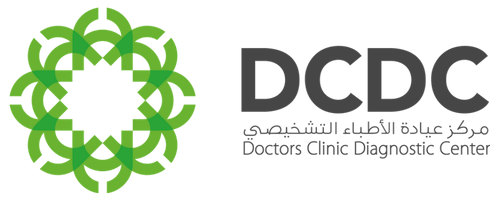What is a Full Body MRI Scan?
A full body MRI (Magnetic Resonance Imaging) scan is a non-invasive imaging technique that captures detailed images of internal organs, tissues, and bones. It helps detect potential health issues early, offering a comprehensive assessment of the entire body.
Early Disease Detection
One of the biggest advantages of a full body MRI is its ability to detect diseases in their early stages. Conditions such as tumors, cysts, and internal bleeding can be identified before symptoms appear, allowing for timely medical intervention.
Radiation-Free Imaging
Unlike CT scans and X-rays, MRI does not use ionizing radiation. This makes it a safer option, especially for individuals requiring frequent imaging, such as those with chronic conditions or a high risk of cancer.
Detailed and Accurate Diagnosis
MRI scans provide high-resolution images, making them superior in detecting soft tissue abnormalities. This is particularly useful for diagnosing brain disorders, spinal cord injuries, and musculoskeletal conditions.
Comprehensive Organ Assessment
A full body MRI evaluates multiple organs, including the brain, heart, liver, kidneys, and lungs. It can detect abnormalities in these organs that may not be noticeable through other diagnostic methods.
Pain-Free and Non-Invasive
Patients undergoing an MRI scan experience no pain. There are no needles or incisions involved, making it an excellent option for those who fear invasive procedures.
Cardiovascular Health Monitoring
MRI scans help in assessing heart health by detecting plaque buildup, heart muscle abnormalities, and blood vessel blockages. Early detection of these conditions can significantly reduce the risk of heart attacks and strokes.
Identifies Neurological Disorders
MRI plays a crucial role in diagnosing neurological conditions such as multiple sclerosis, stroke, and brain tumors. It provides clear images of the brain and spinal cord, helping doctors develop accurate treatment plans.
Assesses Musculoskeletal Health
For individuals with joint pain, ligament injuries, or bone disorders, a full body MRI offers a clear view of bones, cartilage, and soft tissues. This helps in diagnosing conditions like arthritis, fractures, and torn ligaments.
Cancer Screening and Detection
MRI is highly effective in detecting cancers in different parts of the body, including the liver, pancreas, and prostate. Early cancer detection improves treatment success rates and enhances survival chances.
Monitors Chronic Diseases
Patients with chronic illnesses such as diabetes, liver disease, and kidney disorders benefit from regular MRI scans. These scans track disease progression, helping doctors make informed treatment decisions.
Detects Internal Injuries
MRI scans are useful in identifying internal injuries caused by accidents or trauma. They provide a comprehensive view of the affected areas, assisting doctors in determining the severity of the injuries.
Guides Treatment Plans
A full body MRI helps doctors plan surgeries and other treatments with precision. Knowing the exact location and extent of a condition improves the effectiveness of medical procedures.
Reduces the Need for Multiple Tests
Since a full body MRI provides a complete assessment, it eliminates the need for multiple diagnostic tests. This saves time, reduces medical expenses, and minimizes patient stress.
Improves Preventive Healthcare
By identifying potential health risks before symptoms appear, a full body MRI scan promotes preventive healthcare. Individuals can make lifestyle changes or seek medical treatment early, enhancing their overall well-being.
Conclusion
A full body MRI scan offers numerous benefits, from early disease detection to non-invasive diagnosis. It is a valuable tool for maintaining optimal health and preventing serious medical conditions. Investing in regular MRI screenings can lead to a healthier, longer life.




